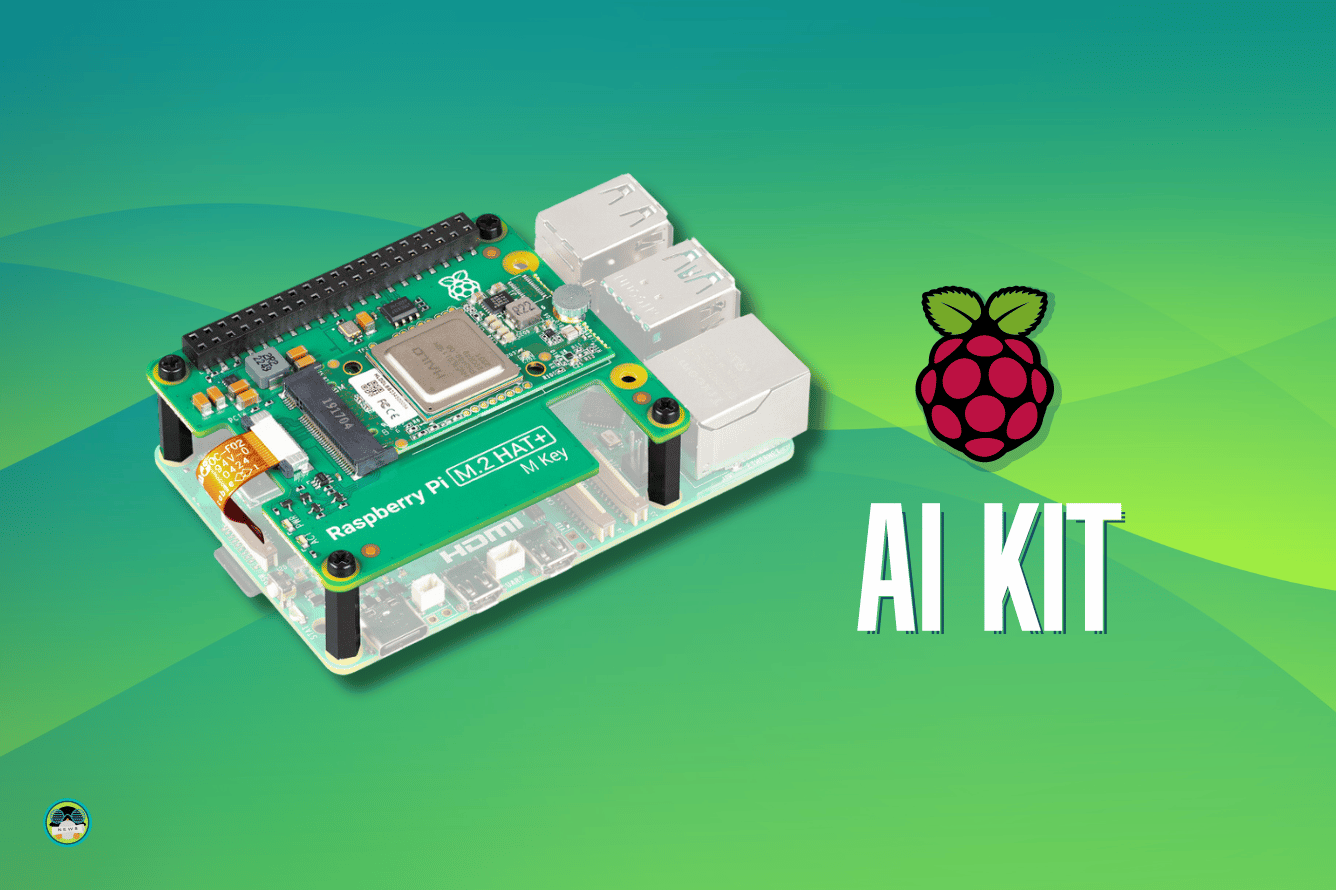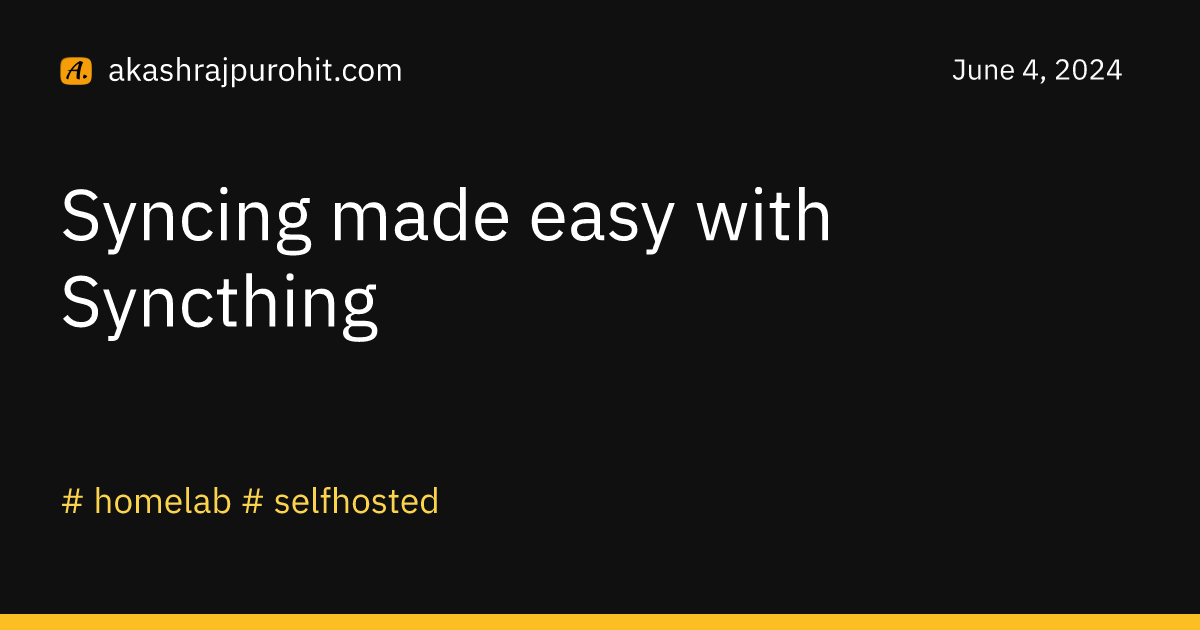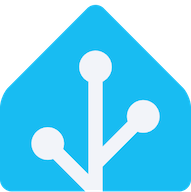This Week in Self-Hosted (7 June 2024)
Self-hosted news, updates, launches, and a spotlight on Dockcheck - a CLI script for easy Docker image updates


This Week in Self-Hosted
A few months ago, I shared an interesting repo maintained by Dan Brown (the developer of BookStack and RSS) that tracks projects misusing the term "open-source" in their licensing claims. This week, he published an interesting article making a case against Futo's recent decision to publish their own definition of "open-source". If the name sounds familiar, Futo is the organization recently in the news for funding the Immich project.
It's FOSS – an open-source publication often featured in this newsletter – also penned an interesting piece on the difference between open-source and source-available software that's worth checking out. Differentiation between the two can be a bit of a grey area and is probably the most requested feature I receive from selfh.st/apps visitors (note: tracking this for ~500 projects isn't easy).
In unrelated news, the Ghost team has been publishing hilarious weekly updates documenting their journey to joining the fediverse via ActivityPub integration. Be warned that some of the language can be a bit NSFW – but interesting and worth the read nonetheless.
Happy selfh.st/ing!
In the News



Software Updates
- AppFlowy v0.5.9 | Workspace: Revamped sidebar for desktop and mobile, support for embedding videos in documents
- Bigcapital v0.17.0 | Accounting: Upload and attach documents to transactions
- Ghost v5.84.0 | Content Management: Display excerpts as newsletter subtitles
- Home Assistant v2024.6.0 | Home Automation: LLM-based conversation agents for Voice Assistant, improved media player commands, conditional sections on dashboards, card visibility controls, dashboard backgrounds
- Logto v1.17.0 | Identity Management: New webhook events, default user roles, display current version
- Mealie v1.8.0 | Recipes and Meals: Default numbers of days upon load, new migration option for Recipe Keeper
- Paperless-ngx v2.9.0 | Document Management: Data-only export/import cycle, delete pages PDF action, custom logo and title
- Papermark v0.13.0 | Document Sharing: Support for sheet-based files, vertical scrolling for documents, new onboarding flow, improved navigation
- RomM v3.2.0 | ROM Manager: Support for BIOS/firmware files, sharable and private notes, performance improvements
- SimpleX Chat v5.8.0 | Messaging: Private message routing, protect IP address when receiving files, chat themes with wallpapers, admin-only group permissions, reduced battery usage
- Workout Tracker v0.15.0 | Workouts: Additional metrics for graph, feature/speed map, additional checks for locations
New Software
- Authman: Cross-platform 2FA TOTP
- chiSSL: HTTPS reverse tunnels made easy
- eBook Buddy: Book recommendations based on Readarr libraries
- File-Tunnel: TCP tunnel connections via file
- Immich Android TV: Companion app for the Immich platform
- OpenAI Vision: Home Assistant integration for analyzing camera images with GPT models
- OwnShare: Open-source file sharing platform
- Reverst: Reverse-tunnel server built on QUIC and HTTP/3
- Squirrel Servers Manager: Server configuration and management interface
Latest Apps and Companions
- Authman: Cross-platform 2FA TOTP
- AzuraCast: Web radio management suite
- Chromatix: Desktop music player for Plex
- Converse: Web-based XMPP/Jabber chat client
- Docusaurus: Open-source documentation sites
- Draw.io: Client-side editor for general diagrams
- Excalidraw: Virtual whiteboard for hand-drawn like diagrams
- Logto: Identity infrastructure for developers
- Open Web Analytics: Open-source alternative to Google Analytics
- Watchlistarr: Customizable sync of Plex watchlists to Sonarr/Radarr
Community Content



More From selfh.st


Content Spotlight: Dockcheck
Meet Dockcheck, a command line tool for streamlining Docker container image updates. With Dockcheck, users can run an interactive bash script that will query container registries for updated images and prompt the user to select which updates they'd like to apply. The script also comes with a number of helpful flags to further streamline the process – exclude containers from update checks, notifications for available updates, scheduled runs, auto-prune dangling images after update, and more.
To deploy Dockcheck, download the repository to your machine and run dockcheck.sh (by either navigating to the downloaded folder or installing it to PATH). When updates to the script are available, it'll offer to retrieve them automatically on the next run.

Links: GitHub
What We're Watching
- Step-by-Step LubeLogger Deployment: Keep Your Vehicle Maintenance Records Organized | DB Tech
- Everything New In Home Assistant 2024.6! | Everything Smart Home
- DIY NAS Cases ACTUALLY Exist. Who knew? | Hardware Haven
- TrueNAS Scale Updates and Big Changes Coming in 2024! | Lawrence Systems
What We're Listening To

Smart Home and Automation

Command Line Corner: nohup
Preface commands with nohup (no hang up) to continue running them after exiting a terminal session. Upon completion, nohup will create a file titled 'nohup.out' with the output of the command for completion verification.
/$ nohup apt update
nohup: ignoring input and appending output to 'nohup.out'
/$ cat nohup.out
...
Reading package lists...
Building dependency tree...
Reading state information...
6 packages can be upgraded.Click here to view an archive of commands shared in previous newsletters.
Related News and Content

Share Your Content in a Future Newsletter
I'm always looking for new and existing self-hosted content to share in This Week in Self-Hosted. Reach out using the button below if you'd like to have your own content featured or have a suggestion for content types you'd like to see featured in future newsletters.
This Week in Self-Hosted is an independent publication supported by the self-hosted community. Consider buying me a coffee, signing up for a monthly donation on the site, or sponsoring the newsletter to help offset the costs associated with running the publication.








Comments